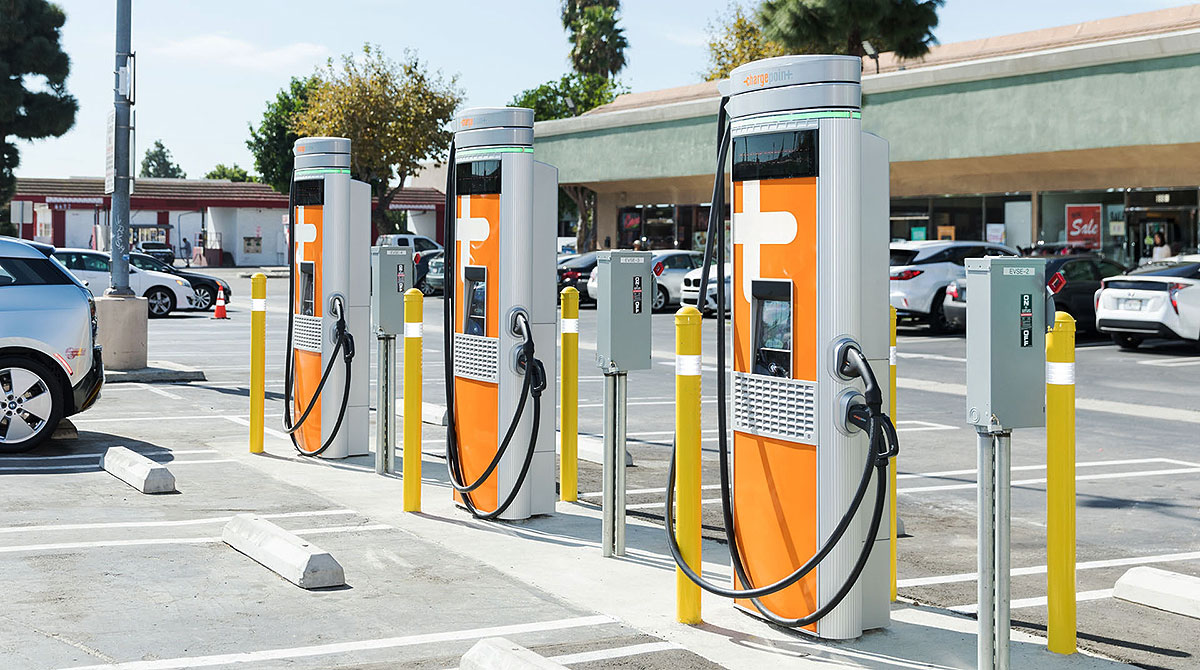India’s electric vehicle (EV) landscape is rapidly evolving, with major cities leading the charge in establishing robust charging infrastructure. As of late 2024, the country boasts over 25,000 public EV charging stations, with states like Karnataka, Maharashtra, and Tamil Nadu at the forefront. The growing network of charging points is making electric mobility more accessible for urban commuters and long-distance travelers alike.
Delhi
Delhi has emerged as a leading city in the adoption of electric vehicles, with over 4,600 charging points and 250 battery swapping stations. The city’s proactive policies have significantly boosted the development of EV infrastructure. Charging stations are strategically placed at metro stations, public parking lots, shopping complexes, and commercial hubs, making them easily accessible to EV users.
Mumbai
Mumbai is rapidly expanding its EV charging infrastructure to cater to its growing number of electric vehicles. Tata Power has played a pivotal role in this effort, installing more than 150 charging stations throughout the city. These stations are located in prime areas such as business districts, residential complexes, and parking lots, providing comprehensive coverage for daily commuters and intercity travelers alike.
Bengaluru
As the technology capital of India, Bengaluru is embracing the EV revolution with enthusiasm. The city features a wide network of charging stations set up through public-private partnerships. Companies like EVRE and Park+ have installed numerous charging points across the city, while Tata Power continues to extend its reach with both slow and fast charging options. Charging points can be found at IT parks, residential complexes, and shopping centers, ensuring convenience for EV owners.
Chennai
Chennai has steadily increased its EV infrastructure, with fast-charging public networks being established by major players in the energy sector. The city has also witnessed the launch of fast DC charging stations, making it a strategic location for EV users traveling between southern states. Charging stations are commonly found at fuel stations, major roadways, and residential neighborhoods, reflecting Chennai’s commitment to sustainable transport.
Hyderabad
Hyderabad is becoming a significant player in the EV space, driven by both government initiatives and private sector involvement. The city has seen the rollout of public and private charging points, with some stations designed to support fast charging. Key locations include business parks, IT corridors, and popular urban areas, making it easier for residents to access charging facilities.
How to Find Charging Stations
Finding an EV charging station in major Indian cities is becoming increasingly convenient. Several mobile applications and websites offer real-time information about charging point availability, booking options, and compatibility with specific EV models. Platforms like PlugShare, Statiq, Tata Power EZ Charge, and the government-backed e-AMRIT portal are highly recommended for locating nearby charging stations.
Conclusion
The rapid development of EV charging infrastructure across India’s major cities reflects the country’s commitment to sustainable and eco-friendly transportation. As the number of electric vehicles on the road continues to grow, city planners and private companies are working together to build a robust network of charging points. Whether commuting within the city or traveling between states, EV owners can now find reliable charging options in most urban areas, paving the way for a cleaner and greener future.

